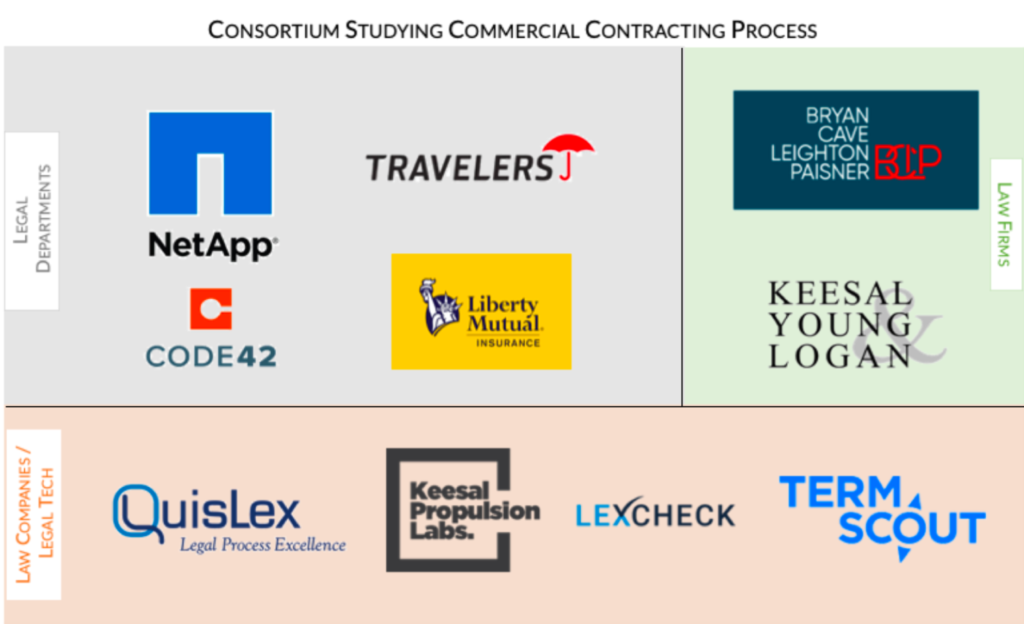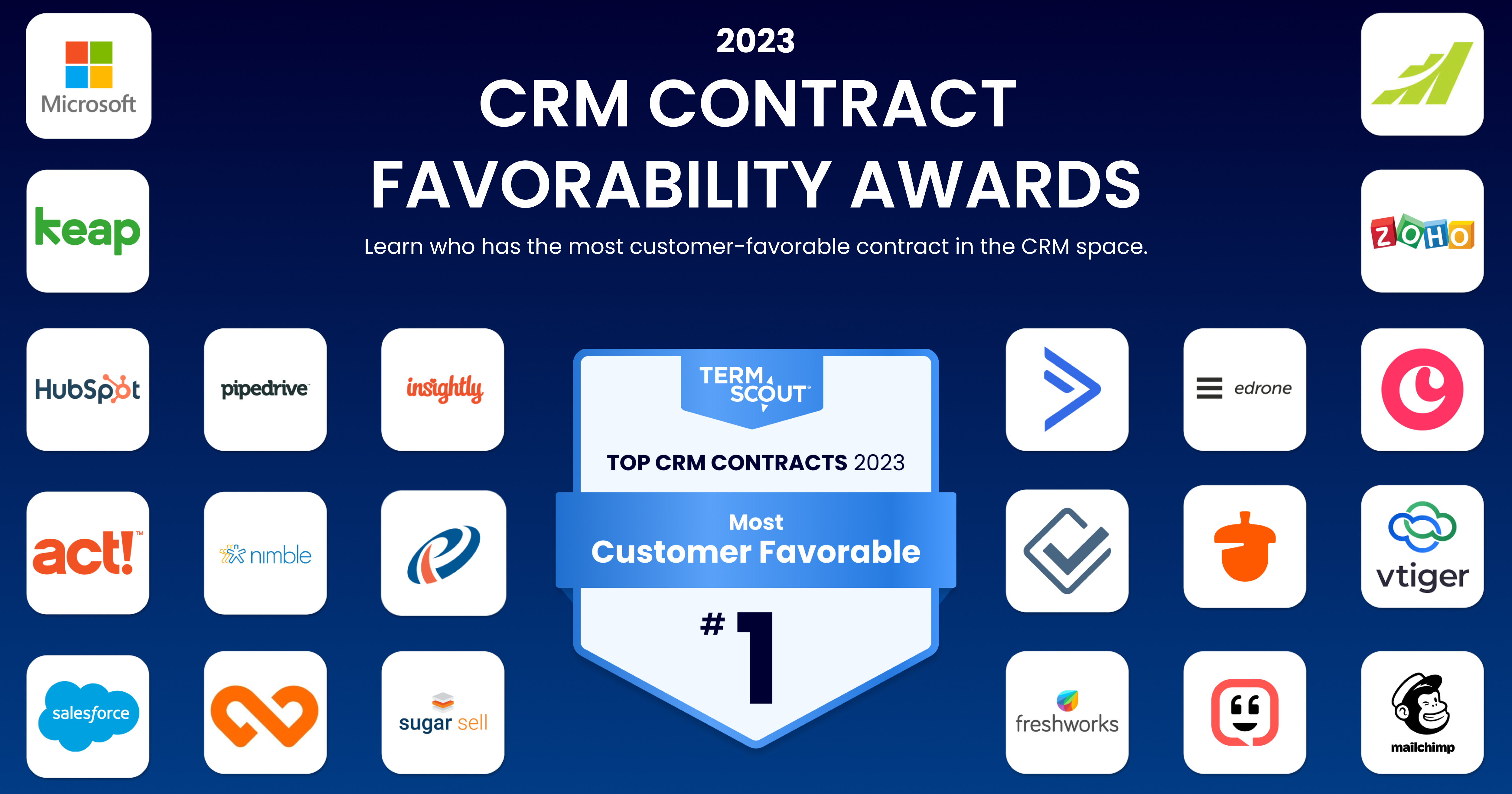Contract Review Checklist - The 19 Crucial Clauses for IT Contracts
Why Contract Review is Important
There are only a few guarantees in life: death, taxes, and being bound to the terms of the contracts you signed without reading. It is often the cause of many legal headaches, and an issue that can easily be avoided. The simplest way to do so is by having a contract lawyer review the entire document before signing, so that you can identify any clauses you want to negotiate, as well as others that may cause trouble down the road. For example, if your business manages personal data, you would be remiss to allow another business access to all your data for their own purposes. This rings particularly true when dealing with sensitive or classified information and is one of the many reasons you should review all contracts you plan to sign.
Getting a contract reviewed means you:
- Are less likely never be caught off guard by a sudden fee
- Probably won’t unwillingly sign away valuable information
- Should know who is at fault if things go wrong
- And more
These are but a few of the many reasons why contract review is so crucial.
A Lack of Review

Despite there being no shortage of firms willing to review business contracts, why is this still a step that is often glossed over or skipped entirely? We continually see these practices occurring in businesses ranging from startups to software giants, all of whom are signing contracts without reviewing them first. Why does this issue persist throughout all levels of business, despite the inherent risks involved with not reviewing every contract? Because the process consumes too many resources.
The average contract costs $6k to review and takes up to 20 days to complete (Mooz & Doyle, 2021). These numbers are likely to give anyone pause, especially when the party in question is signing dozens or hundreds of contracts per year. On top of all that, businesses will often negotiate contracts to gain more favorable provisions, further increasing the cost per contract. Given all of this, contract review can fall to the wayside in favor of expediting a sale or to save costs.
Whether you’re a small business looking to make sure you’re not signing toxic provisions, or a large enterprise managing high volumes, having a contract checklist to guide your review can save time, increase consistency, and reduce overall risk. It is important for all parties involved to understand fully what they are signing and how it can impact them should any issues arise. Contract review should not be skipped, but if you’re hard-pressed for resources, there are a few key provisions you should consider looking into.
Contract Review Checklist

When looking through a contract there are a few matters to keep in mind. If you intend to move forward with signing a contract without employing a lawyer for assistance, make sure to carefully read through and ensure you understand the terms and conditions and how they apply to yourself and your business.
Before signing a contract, be mindful of the following:
- The terms and conditions should be suitable to you and your business’ needs. There’s always room for negotiation, so if a provision isn’t to your liking consider negotiating with the other company.
- Understand the parties involved. Specifically, who is bound by this contract, and who has influence over its terms and conditions.
- Ensure that all terms, quantities, and the like are correct. You don’t want to promise 1,000 of something when you only have 100 of it.
- Be aware of all indemnification obligations. Who is held accountable when damages or losses are incurred?
- Read all referenced documents, especially if they are specifically incorporated into the main contract. When you sign a contract, you’ll likely be bound by the terms in the secondary documents as well, so ensure you understand your obligations.
- Understand the terms and what constitutes defaulting.
- Know what happens if the worst-case scenario comes to pass. If you or another party defaults, you don’t want to be stuck with all the liability while also figuring out how to recover. You don’t want to be up a creek without a paddle and holes in your boat. Know what you and your business need to do to survive.
- Other details such as termination, warranties, IP infringement, dispute resolution, governing law and data security are all important and should not be overlooked.
While this list covers most of what to look for in a contract, it is not all encompassing. This list is intended to give guidance when reviewing a contract but is not a substitute for legal advice. If you are concerned about the provisions within a contract, or do not fully understand what you are signing, please consult a lawyer for help.
The 19 Provisions to Look for in IT Contracts

In a recent study, several large companies got together and determined the 19 most important contract provisions to screen IT contracts for. These 19 provisions are the minimum you should be expecting in any IT contract your or your business are looking to sign. These provisions, the acceptable answer(s), and some guidance as to why an answer is acceptable, are listed below:
| Issue | Acceptable Answer(s) | Guidance |
|---|---|---|
| Is the contract’s overall risk rating less than balanced? | Yes | TermScout bases ratings on the WorldCC Contracting Principles. A rating of Balanced or better indicates there are a significant amount of customer favorable terms in the contract. |
| Is the contract's overall clarity rating less than medium? | Yes | The clarity rating is to indicate the clarity of the contractual language. A low clarity rating means the language was vague, ambiguous or otherwise difficult to decipher. Contracts must have a clarity index rating of Medium or High to pass this issue. |
| Is the vendor’s liability capped at less than 12 months fees? | Yes | An acceptable limit on vendor’s liability is 12 months’ fees or greater, all fees paid or greater, or uncapped. |
| Does the customer waive direct damages? | Yes | An acceptable waiver of customer’s damages is limited to indirect damages. |
| Does the contract explicitly limit the customer’s liability? | Yes | Having customer’s liability limited is acceptable.. |
| Does the vendor indemnify the customer for third-party IP infringement? | Yes | At a minimum, the customer must be indemnified if the vendor's IP is found to be infringing. |
| If the vendor does indemnify for third-party infringement, is it excepted from the vendors liability cap? | Yes | Due to the potential severity of third-party IP infringement claims, they must be excepted from the cap on vendor's liability. |
| Do the customer’s indemnification obligations explicitly cover direct claims? | Yes | An acceptable indemnification obligation for customer is to limit customer’s obligations to third party claims. |
| Does the contract provide any protection for the customer’s confidential information? | Yes | The vendor must provide some level of protection for the customer's confidential information. |
| Does the vendor claim ownership of any data provided by the customer? | Yes | Customer must retain ownership of its data. |
| Does the vendor receive usage rights in any data provided by the customer beyond what is necessary to improve the services or provide them to the customer? | Yes | Acceptable usage rights for vendor are using data to the extent necessary to provide the services, to improve the services, for internal use, in compliance with laws, to share with third party service providers or to use it in an anonymized format. |
| Does the vendor commit to any data security standards or practices? | Yes | Vendors must commit to some data security standards or practices. |
| Does the vendor receive license(s) to any Customer IP broader than what is necessary to provide the services? | Yes | Acceptable licenses to customer IP granted to vendor are to use customer IP as necessary to provide the services, for publicity rights, to use feedback, or for internal use. |
| Does the customer have any termination or cancellation rights? | Yes | Acceptable termination provisions for customer are for cause, for convenience or for other reasons. |
| Does the contract auto-renew, and now allow the customer to opt out? | Yes | An acceptable provision either does not auto-renew, or it does, but the customer can send notice of non-renewal prior to the end of the then-current term. |
| Does the contract contain any restriction on the Customer’s ability to compete with the vendor or any other party? | Yes | An acceptable provision does not limit the customer’s ability to compete with vendor (unless the restriction only limits the right to use the vendor’s services to compete). |
| Does the contract contain any restrictions on the customer’s ability to procure similar products or services from other vendors? | Yes | An acceptable provision does not limit customer’s ability to procure similar products or services. |
| Is there a mandated venue for any form of dispute resolution outside of the United States? | Yes | Any venue within the United States is acceptable. TermScout assumes its customers are based in the United States; therefore, it would be difficult to have a foreign venue. |
| Is there a mandated governing law outside of the United States? | Yes | Any mandated governing law within the United States is acceptable. TermScout assumes its customers are based in the United States; therefore, it would be difficult to accept foreign governing law. |
Even if you are unable to have a contract fully reviewed, always check your contract for these 19 provisions. Another reason to check for these provisions and their answers, is because the acceptable answers in the above table are market, with at least 50% of the top 100 b2b SaaS contracts offering such provisions. If you would like to learn more about the study and its results, you can read about it in greater detail at Legal Evolution.
Use Your Resources
While contract review may not be on the forefront of your mind, it is nonetheless an important aspect of running a successful business. It is advisable to hire a contract review lawyer or to employ software that aids in reviewing contracts. You may even use the contract checklist to ensure none of the vital details are passed over.
If you need help reviewing a contract, and don’t want to go through a contract review lawyer, you can check TermScout’s database for a detailed contract breakdown, or if you don’t see the contract you’re looking for, you can put in a review request.
TermScout uses AI and attorneys to review contracts quickly and accurately, highlighting the most important provisions and details for your business.
References
Mooz, B., & Doyle, P. (2021, April 8). The cost of Contract COMPLEXITY (228). Legal Evolution. https://www.legalevolution.org/2021/03/the-cost-of-contract-complexity-228/.
Mooz, B. (2021, June 21). Case study: Impact of AI and big data on Low-risk contract NEGOTIATIONS (236). Legal Evolution. https://www.legalevolution.org/2021/06/case-study-impact-of-ai-and-big-data-on-low-risk-contract-negotiations-236/.
Share this
You May Also Like
These Related Stories
%20(3).jpeg?width=1920&height=1080&name=Untitled-6-(Presentation)%20(3).jpeg)
Contract Clause Database - IT Contracts

2023 CRM Contract Favorability Market Report

.png?width=130&height=53&name=Vector%20(21).png)